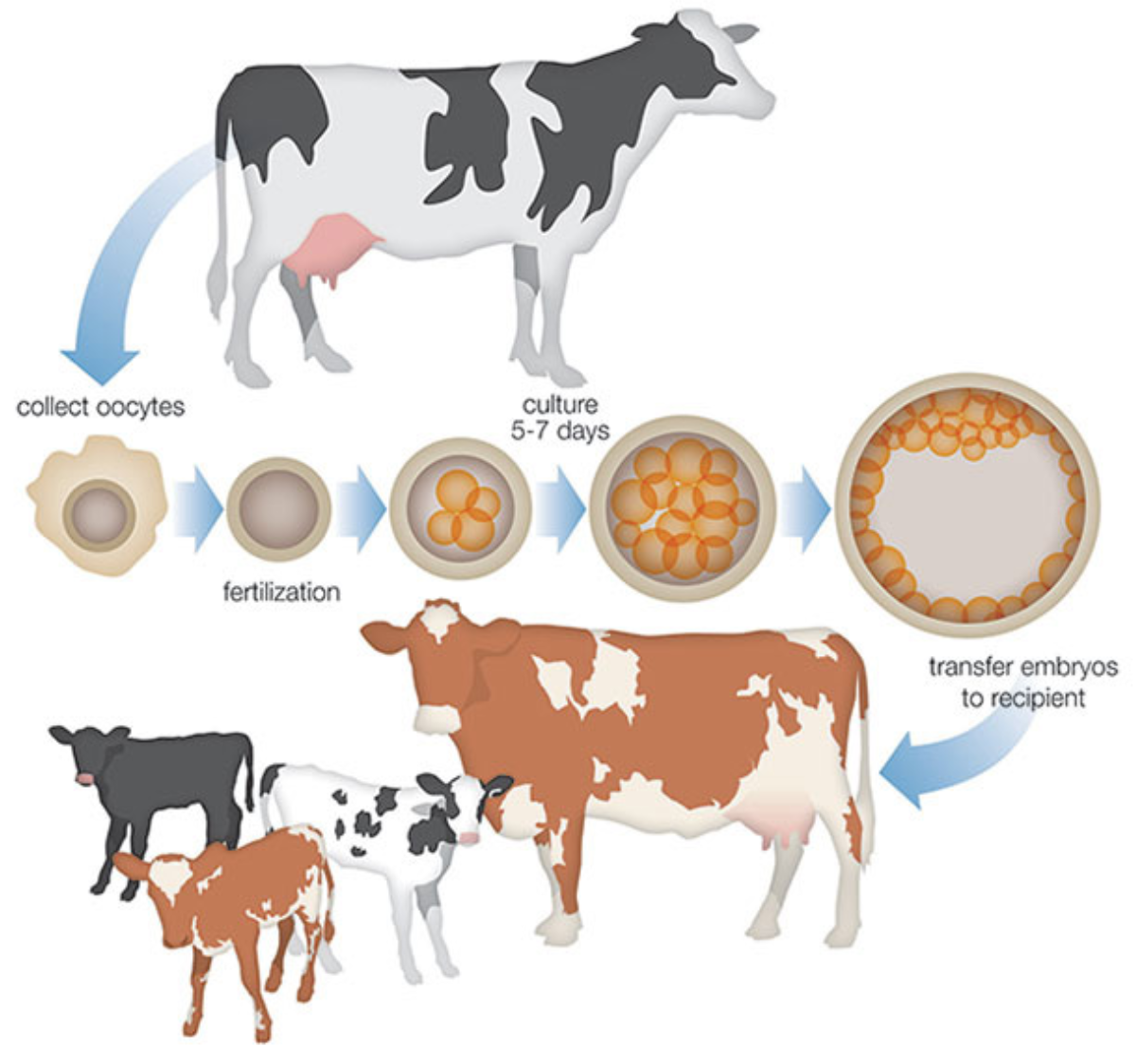Introduction
In vitro fertilization (IVF) signifies a beacon of hope for numerous men and women and couples grappling with infertility. About the earlier number of decades, advancements in reproductive engineering have not only enhanced the odds of conception but also opened the doorway to a groundbreaking treatment: preimplantation genetic prognosis (PGD). PGD makes it possible for for the genetic screening of embryos right before they are implanted in the uterus, making certain that only embryos without recognized genetic ailments or abnormalities are chosen for being pregnant. As we navigate through the twenty first century, PGD stands at the forefront of reproductive medication, heralding a new period of genetic screening that promises to reshape the foreseeable future of IVF.
The Evolution of IVF and Genetic Screening
IVF has undergone a radical transformation considering that the start of Louise Brown, the world’s 1st „take a look at-tube little one,“ in 1978. Early IVF methods were being marred by lower success prices and minimal being familiar with of embryonic growth. The introduction of genetic screening was a activity-changer, allowing embryologists to examine the genetic make-up of embryos and pick people with the greatest probable for a nutritious pregnancy.
The Progress of Preimplantation Genetic Diagnosis
PGD is a specialized strategy that requires taking away 1 or additional cells from an IVF embryo to test for distinct genetic ailments right before the embryo is transferred to the uterus. Originally formulated to monitor for sexual intercourse-joined ailments, PGD has expanded to involve a vast range of genetic and chromosomal abnormalities.
Comprehension the Genetic Screening Procedure
The system of PGD commences with the regular IVF cycle, the place eggs are harvested and fertilized in the lab. At the time the embryos get to the blastocyst phase, a several cells are biopsied and analyzed making use of one of several genetic screening techniques, this sort of as polymerase chain response (PCR) or up coming-era sequencing (NGS). These procedures allow for the detection of solitary-gene conditions, chromosomal abnormalities, and even the possible for inherited most cancers syndromes.
The Ethics of Genetic Screening
As with lots of developments in biotechnology, PGD provides with it a host of ethical concerns. The capacity to choose embryos centered on genetic conditions has sparked debate above the concept of „designer babies“ and elevated worries about eugenics. Ethicists and health-related pros continue on to grapple with these troubles, striving to come across a equilibrium between the benefits of genetic screening and the ethical implications of genetic selection.
The Affect of PGD on Genetic Issues
PGD has had a profound effect on the avoidance of genetic disorders. Family members with histories of heritable ailments like cystic fibrosis, Tay-Sachs condition, or Huntington’s disorder now have the solution to bear children devoid of the dread of passing these problems on. This has not only lessened the incidence of sure genetic issues but also alleviated the psychological and monetary stress on people and health care methods.
Improvements and Innovations in PGD
The area of PGD is frequently evolving, with new systems enhancing its accuracy and scope. The introduction of complete chromosomal screening (CCS) will allow for the investigation of all 23 pairs of chromosomes, ensuring that only embryos with the correct number of chromosomes are implanted. This has noticeably lessened the danger of miscarriages and enhanced the achievements rates of IVF.
view publisher site of PGD in Loved ones Balancing and Gender Selection
A person of the more controversial elements of PGD is its use in family balancing and gender variety. Some argue that the skill to opt for the intercourse of one’s child is a all-natural extension of reproductive flexibility, while many others stress about the social and demographic effects of these types of options. Nevertheless, in cases wherever gender-precise genetic problems are a issue, gender variety remains a important component of PGD.
The Foreseeable future of PGD: Increasing the Options
As we seem to the long run, PGD is poised to extend in capabilities. Research into polygenic danger scores could empower PGD to screen for elaborate circumstances like heart ailment or diabetes, which are affected by various genes. There is also the potential to use PGD in conjunction with gene modifying technologies like CRISPR, to not only find but also correct embryos at the genetic degree, whilst this continues to be ethically and lawfully contentious.
Lawful and Regulatory Concerns
The regulation of PGD varies appreciably all around the entire world, with some countries embracing the technology and other individuals imposing strict constraints. As the science progresses, policymakers will be challenged to develop frameworks that guarantee ethical programs of PGD when supporting scientific advancement.
Summary
Preimplantation genetic analysis stands at the intersection of genetics, medicine, and ethics, giving unprecedented control above the genetic well being of long term generations. Its integration with IVF has currently enhanced the potential customers of would-be dad and mom to have healthy children and promises to go on its trajectory of innovation in the realm of reproductive well being. As we advance, it is critical that we take into account the ethical implications and legal frameworks necessary to guidebook the dependable use of this powerful know-how. The foreseeable future of PGD in IVF is not just about the science of genetics, but also about the values we as a society choose to uphold